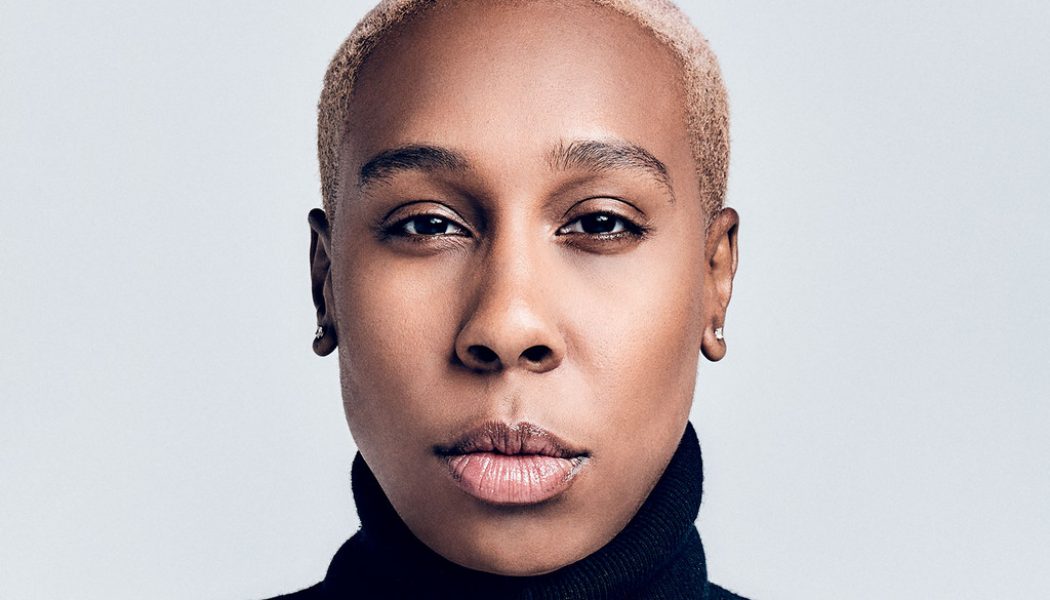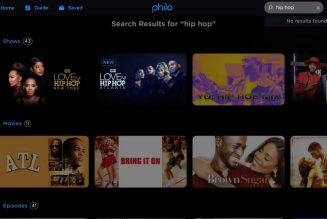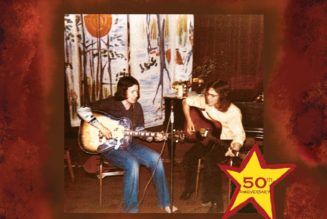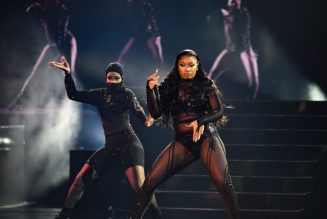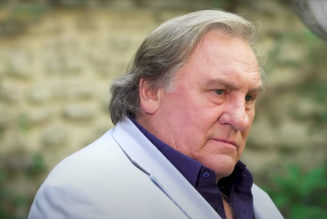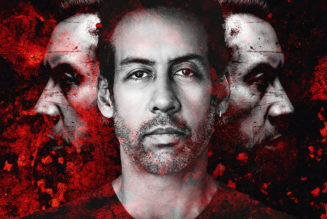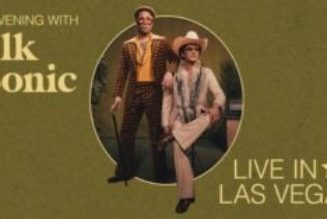
Lena Waithe, the award-winning Master of None and Queen and Slim scribe, said that while she feels accepted as a Black, gay woman in the entertainment industry, she believes audiences need to see even more Black queer representation.
“If you look at how many people that are known and that are Black in the industry, and then if you can count on like maybe one or two hands how many of them are out? The numbers just don’t add up,” Waithe said at Billboard and The Hollywood Reporter’s second annual Pride Summit and Prom.
On Saturday, Waithe joined her mentee, Twenties breakout Jonica Gibbs, for a conversation that touched on expanded lesbian representation in television, the recent Black Lives Matter protests across the country and the role of the industry in the movement.
The two actors kicked off the virtual panel by reflecting on the significance of seeing themselves, both Black lesbian women, represented on television. Gibbs, who plays Hattie, a queer Black girl hoping to break into the industry, said that a good, humanizing storyline can help viewers feel empathy for any character or group of people.
“I think it’s very, very important right now, especially in the space that we’re in, to humanize differences in people and humanize Black skin,” she said. “I think characters like Hattie create a space of understanding.”
But the existence and embrace for Hattie and characters like her didn’t come easy, Waithe said. The screenwriter explained that though she wrote Twenties years before Showtime’s The Chi, the latter helped normalize Black stories and set a path for the Gibbs-led series.
“They were like, OK … we can show black men in the human light, but to see a queer Black woman was such a mindfuck,” Waithe said.
During their conversation, Gibbs and Waithe cited Queen Latifah’s Cleo in Set It Off as one of the few times they saw themselves on screen. For Gibbs, F. Gary Gray’s 1996 film was the first time she saw two women interact romantically.
“Even as a kid, it kind of sparked something in me,” Gibbs said.
Waithe went on to explain that television and other forms of media don’t show the softer side of masculine-presenting lesbians.
“I wanted to be clear Black women who are, I always say ‘masculine-presenting’ … we can also be soft. We can also be vulnerable. And we’re not all aggressive,” Waithe said.
The screenwriter continued saying that people assume that masculine presenting lesbians “want to be men or that we’re trans.” Waithe also said that the people who make such assumptions believe there’s a toxic masculinity that comes with being a masculine presenting lesbian, which she said isn’t necessarily the case.
She added: ”I’m always fighting to be the best person I can be, partner I can be, friend I can be. And I think people don’t necessarily associate that with someone that walks through the world the way we do. And I was really happy that we got to just show a different side of us.”
While Hollywood has increased representation of lesbian relationships on screen, they often “fall into these sort of heteronormative roles of, Oh, that where people go, Oh, so you’re the boy, she’s the girl. And so when you see two masculine-presenting women, people say, ‘well, who’s the woman?’ I don’t get it.”
When Waithe addressed this stigma and judgment of “stud on stud love” between Hattie and Idina in Twenties, she said she “could not be prouder of that dialogue and that conversation,” noting that it resonated strongly with the lesbian community.
“That’s when art is at its best, when it’s saying something true that nobody wants to touch,” she said.
When it comes to being accepted as a Black, gay women, Gibbs and Waithe agreed that the industry can feel like a bubble and that other cities or states may not have the same level of tolerance for intersectional identities, especially during a time of social unrest. But while it may be difficult for people to address their discriminatory practices and “unlearn bad behavior,” Waithe said it’s only a matter of time.
“I will be honest, Black folks are not that patient anymore, so folks need to start unlearning their bad behavior as quickly as possible because we’ve been living in this bad behavior and this supremacy for long enough,” Waithe said.
Unlearning bad behavior and supporting Black lives, however, means more than just corporations and big businesses cutting a check, Waithe said. She suggests that people in charge hold their communities and inner circles accountable when they’re “doing something that does not serve us as a nation.”
“In Hollywood people do seem to look to this industry to go, ‘OK, what are y’all doing over there?’ And I think that’s why it’s important that sometime we do got to step up and do the right things and behave differently than we have before to really try to show people the way,” Waithe said.
The second annual Pride Summit and Prom supports the Trevor Project, the world’s largest suicide prevention and crisis intervention organization for LGBTQ young people.
This article originally appeared on The Hollywood Reporter.
